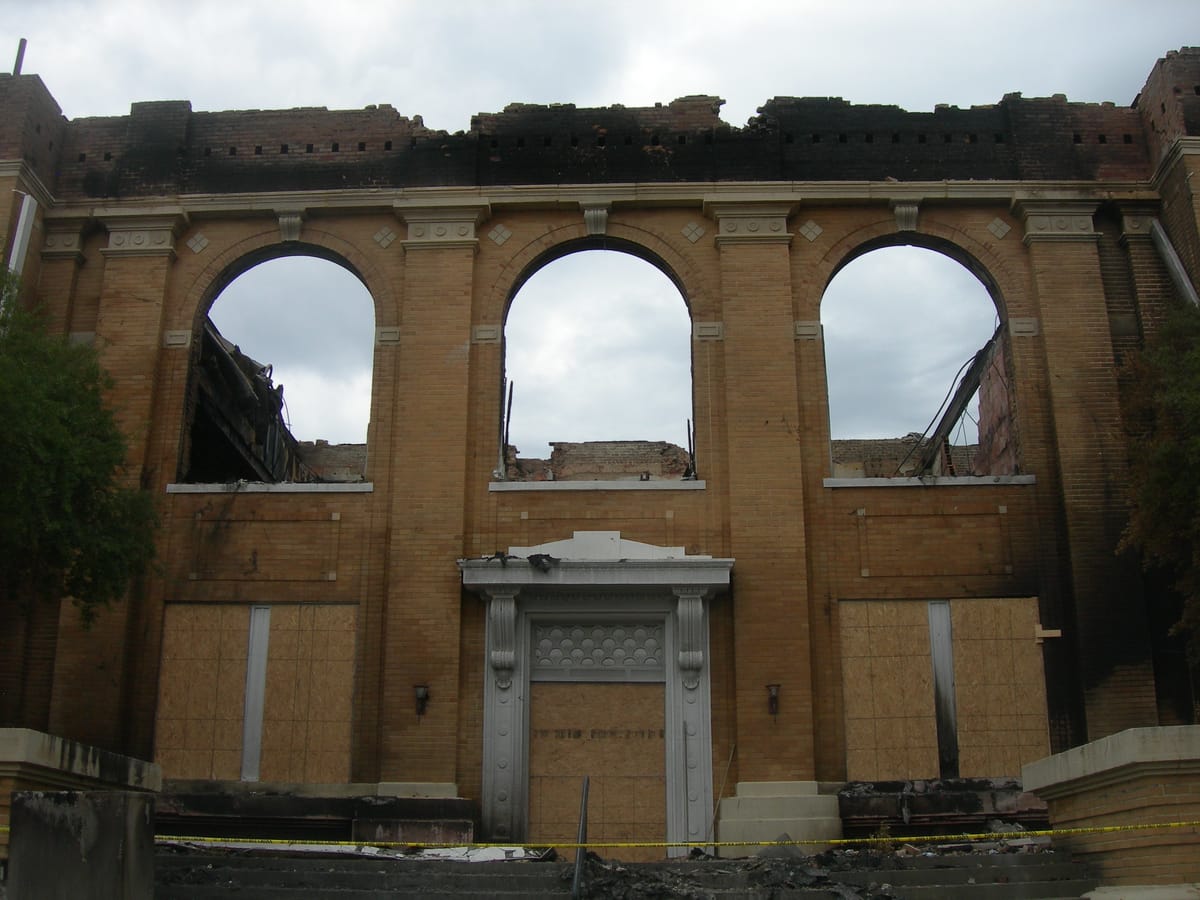State Bars Need to Stop the Bleeding
We may not have a legal system worth the name soon if no one hits the brakes.

Milbank is the latest Big Law firm to make a deal with Trump in response to an executive order targeting their business. This brings the current count to four, with many more accommodating the administration’s whims in big ways and small. Trump is doing battle daily with federal judges, but they, at least, have a somewhat secure institutional perch that they exercise their authority from—in as much as any institution is secure these days. But while some firms are trying to hold the line, most have bandwagoned into a position of accommodation.
Who, then, is left to defend the law? Judges can only do so much. If all major firms choose to avoid representing the administration’s enemies out of fear, there’s very little judges could do to alter that reality. They can barely get the Trump administration to show up in court with the right people when ordered to do so.
Partners at Big Law firms seek to make Trump’s threats go away as quickly as they can because they are worried it will undermine their basic capacity to operate as businesses. Well, what if capitulation carried an even more certain risk of the same outcome? State bar associations have the power to disqualify individuals from practicing law in their state. It would probably not be right to disbar the partners of the Big Law firms that have capitulated already, as it would be an unprecedented move. However, state bars could take the position that such capitulation is a violation of the oath they took, and promise to disbar anyone who does so in the future.
Right now we should not be focusing on who is right and who is wrong or deserves to be punished. If we’re to have any legal system to speak of come 2026, we need to stop these firms from bandwagoning now. State bars have the power to make this happen by threatening any prospective defectors. If you are a lawyer yourself, please consider raising this issue with your state bar as soon as possible.
If state bars cannot be made to act, the slower route of state legislation is also possible. We should pursue both paths simultaneously, reaching out to our state representatives and governors offices alongside the campaign to get state bars on board.
A bar association is not worth much if the legal system is warped by the moment-to-moment impulses of one man. The legal community needs to recognize that this is an existential threat not just to the principles they have sworn to uphold, but to their livelihoods. The institutions with the power to hit the brakes on this stampede need to do so immediately.
Featured image is Ruins of Webster County Courthouse, by Jimmy Emerson




